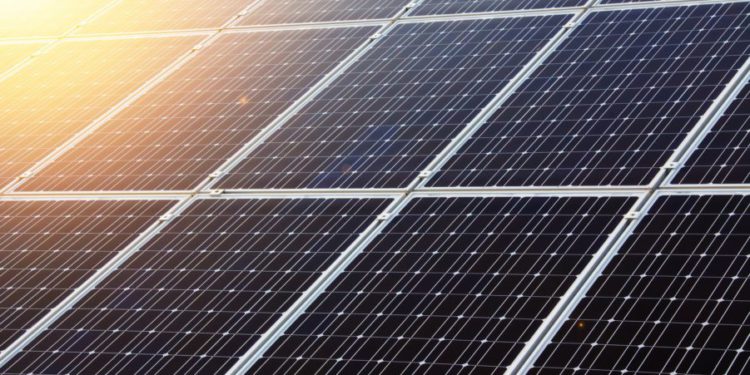COVID-19 lockdown in India will potentially fasten the country’s mission to change from coal to solar power. With the crumbling economy due to lockdown, energy demands in the country collapse by nearly 30% as coal generators receive significant blows.
Indian coal industries have been facing difficulties in cash flows in the recent years. Additionally, economic difficulties during lockdown will predictably give more financial burdens to the country should it still rely on coal powers.
In general, the necessary cost of adding a single new coal capacity ranges around 4.5 rupees. This is far more expensive in contrast to the cost of adding solar electricity which stands at approximately 2.5 rupees per unit.
Considering the economic burden the country is currently having, analysts predict that the country will shift to solar power sooner than expected. This might quicken PM Narendra Modi’s plan to increase India’s renewable target to 450GW by 2030.
Also Read: Coronavirus in India Rose Past 50,000
Coal Powers are Not Feasible to Power India during COVID-19, Analyst Says
Previously, in 2018, the International Energy Agency predicted that India’s coal power consumption would double by 2040. Abhishek Dangra, senior director at S&P Global Ratings, however, thinks that its peak usage will be in 2027.
Considering numerous factors surrounding India and its needs of power plants, he believes that coal power is no longer feasible. Especially, during this COVID-19, coal supply has experienced major disruption amidst its huge demands.
“The pandemic tipped the scale in favor of renewables for cleaner and cheaper power,” he explained.
Also, he noted that private investors have lessened their investments in coal powers in the last years. Furthermore, he said that it is impossible for India to keep building coal power plants without private funding.
With regards to the current situation, it is possible for India to reach its coal usage peak prior to 2040. Tim Buckley, director of energy finance studies at the Institute for Energy Economics and Financial Analysis, predicted that the peak will be during this decade.
Also Read: South Asia to Have Economic Slumps, World Bank Predicts








